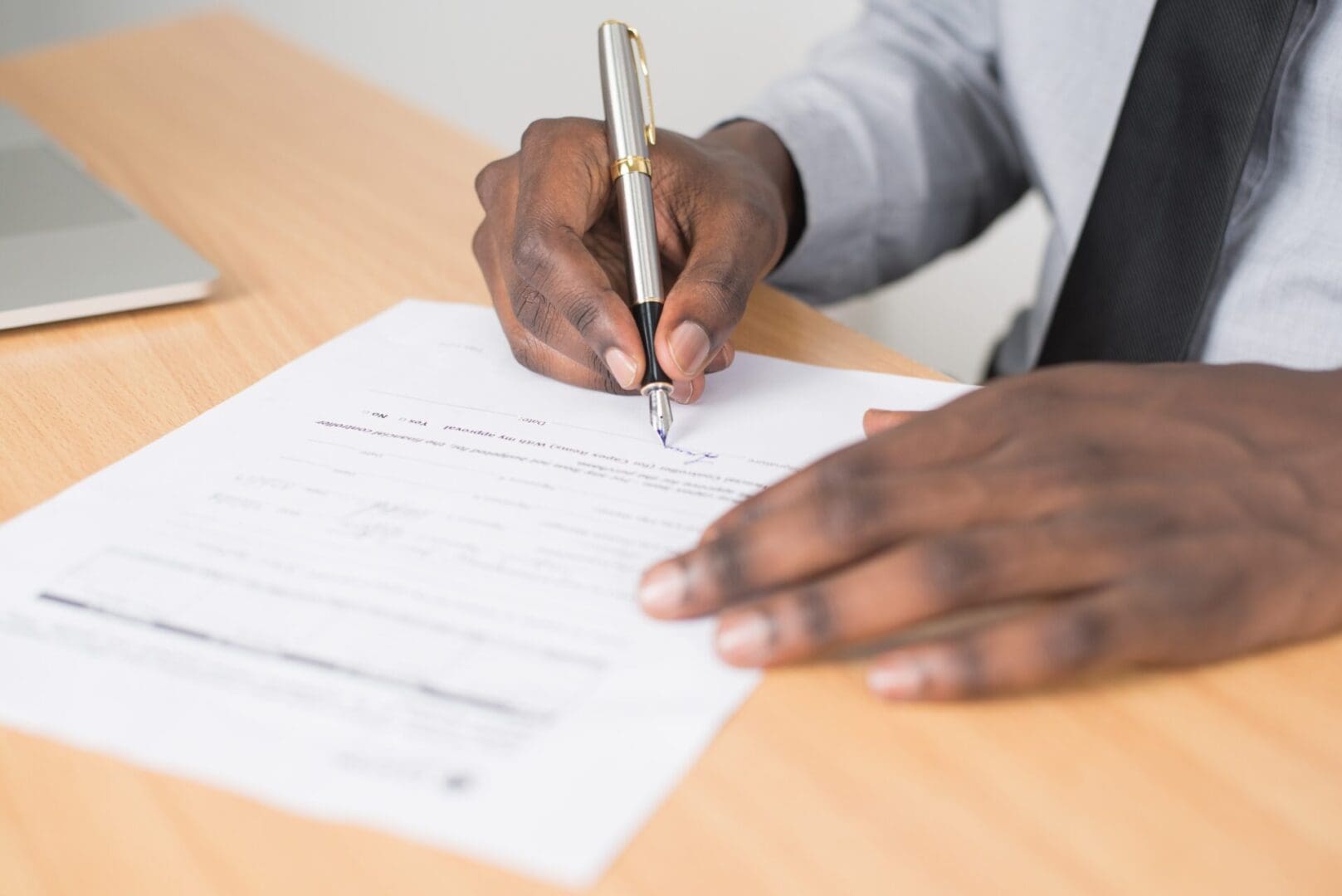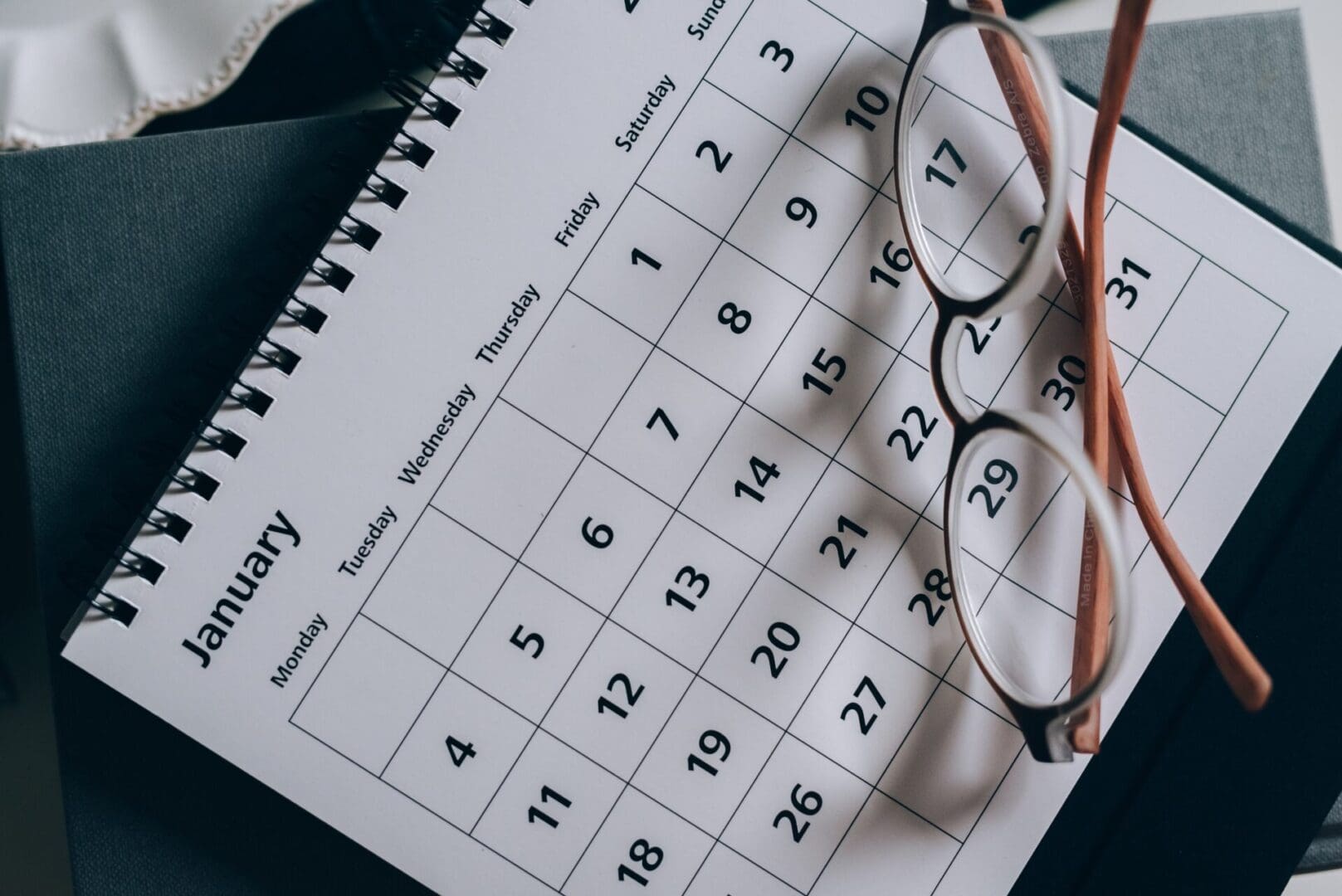How to Legally Break Your Lease When Buying a Home

Congratulations on deciding to buy a home and be a homeowner! But before you sign the paperwork, pay the deposit, and grab the keys, you’ll still need to settle the lease on your rented home (assuming you’re renting now, of course.)
You may have heard from someone that buying a home will automatically end your lease. Unfortunately, that’s not the case, as you’ll need to settle your existing lease to avoid future complications and expenses.
In this article, let’s look at some options you can do to break your lease.
Do You Need to Break Your Lease?

Short answer: Yes. Here’s why.
While you can move to your new home anytime, you must continue paying for your rented property until the contract with your landlord ends. This will lead to double payments, especially if you’re paying a mortgage on the new house. You can choose not to pay for your old, rented home, which can cause more headaches.
Keeping this in mind, we recommend ending your lease before moving out. Doing so will save you the hassle of dealing with additional concerns.
So, here are some options you can look at when deciding to end your current rental agreement:
Option 1: Check the Contract for a ‘Home Buying Clause’

Your lease agreement may include a clause allowing early contract termination if the renter buys a home and notifies the landlord or property manager in advance. This is a home-buying clause, though not all contracts may have this.
Option 2: Buy Out Your Contract

Some contracts may also include an ‘Early Termination Clause,’ allowing the renter to end the agreement at any time if they give a 30-day or 60-day notice. The conditions may vary, but it’s safe to prepare at least two months’ worth of rent as payment in addition to any penalties the clause will require. However, you might not get your security deposit back if you go this route.
Option 3: Change to a Monthly Lease Agreement

Talking to your landlord about switching your contract from an annual lease to a monthly one is another option for you – provided the other party agrees. A monthly lease allows you to move anytime without the danger of paying extra fees. While the option is convenient for future homeowners, your landlord or property manager might ask for a higher monthly rent.
Remember: Communicate with Your Landlord (and Keep Records)
Being transparent with your landlord is vital if you want to break your lease properly and legally. To be on the safe side, have all agreements regarding this discussion in writing and signed by all parties. Doing so will give you something to reference in case of any concerns.
But how ad when do you talk to your landlord about this? Stay tuned for the next article to find out.

